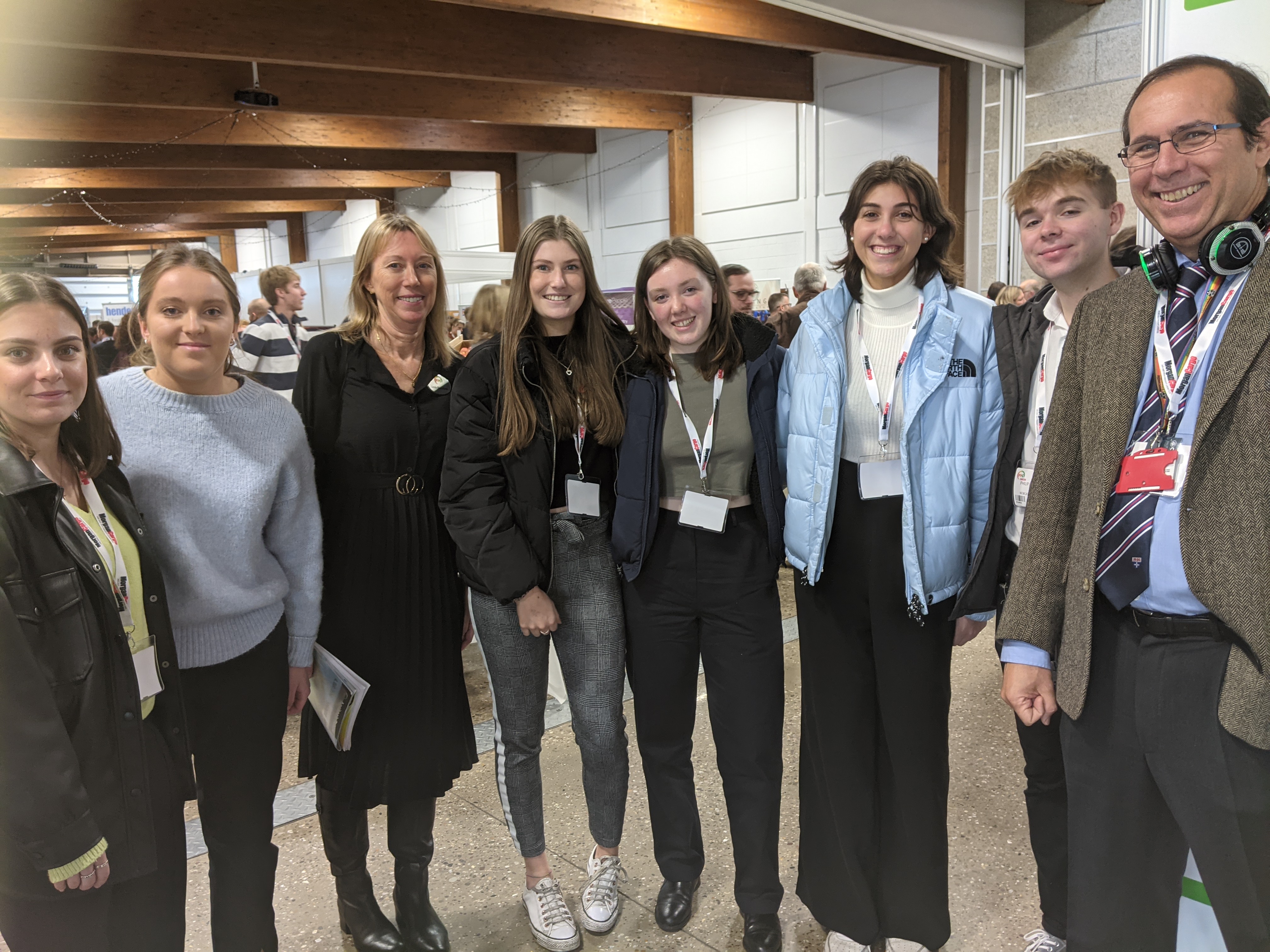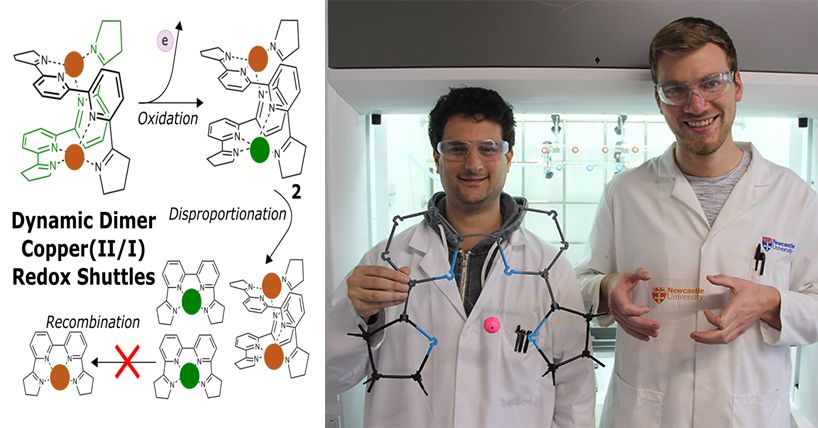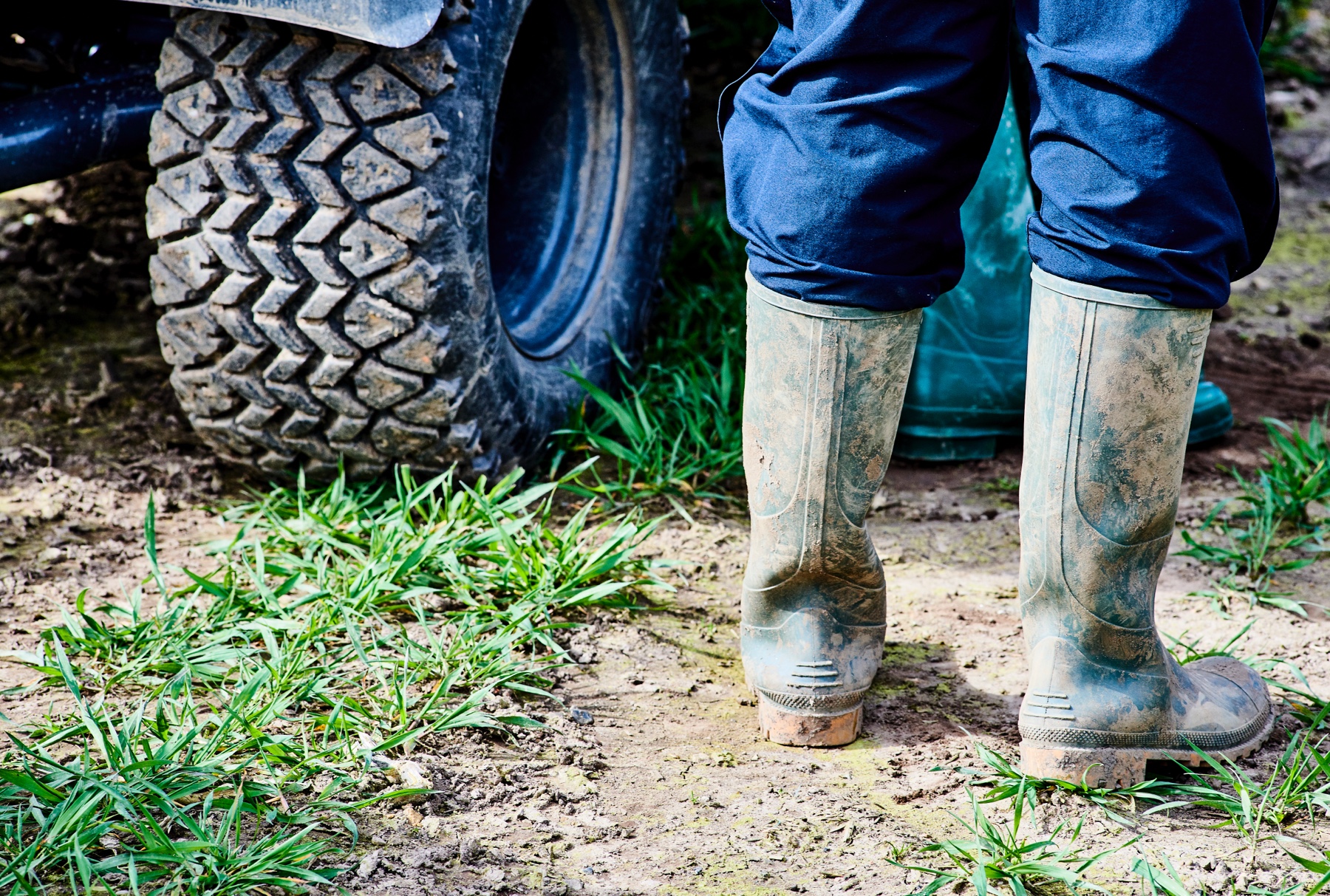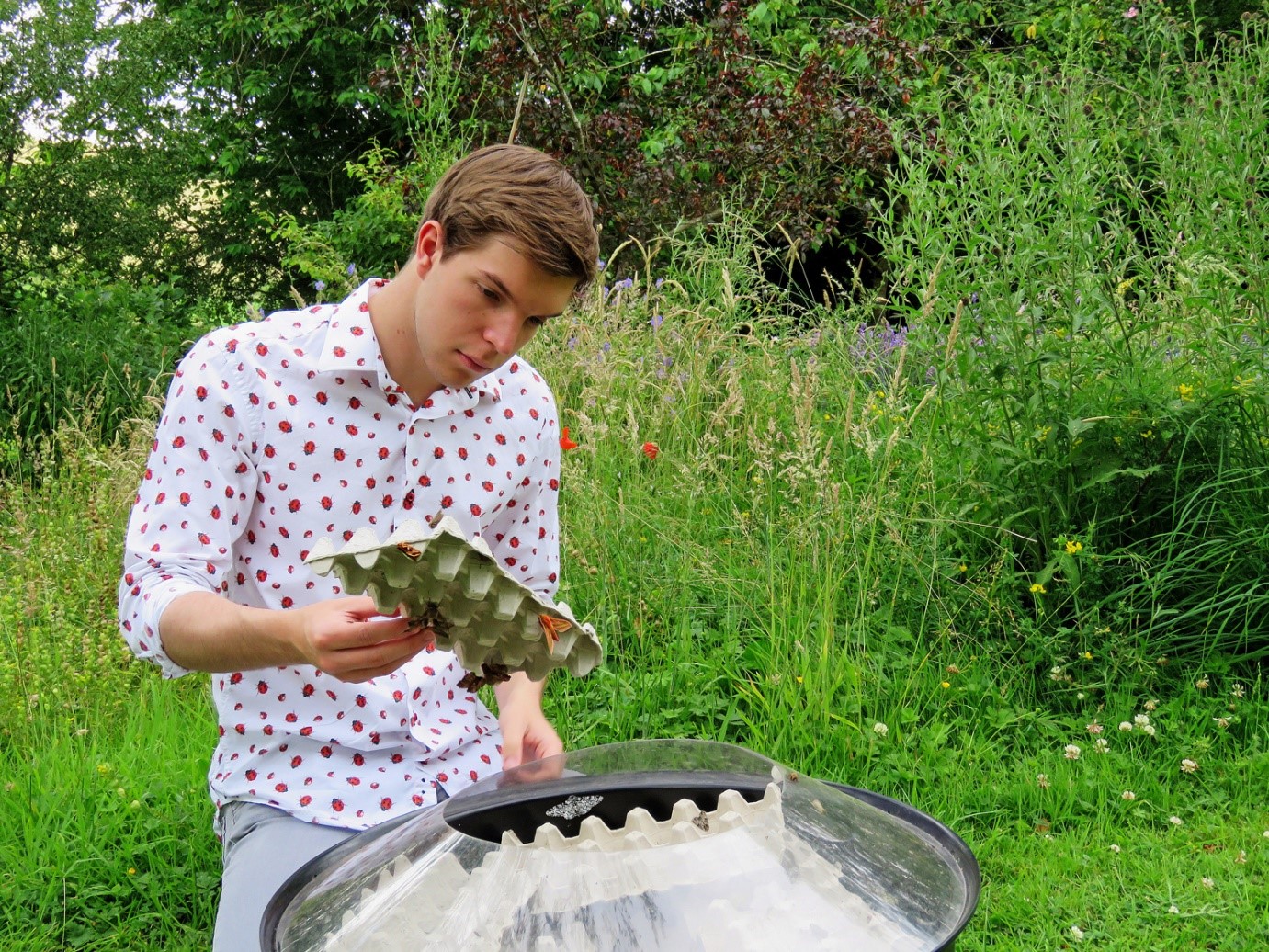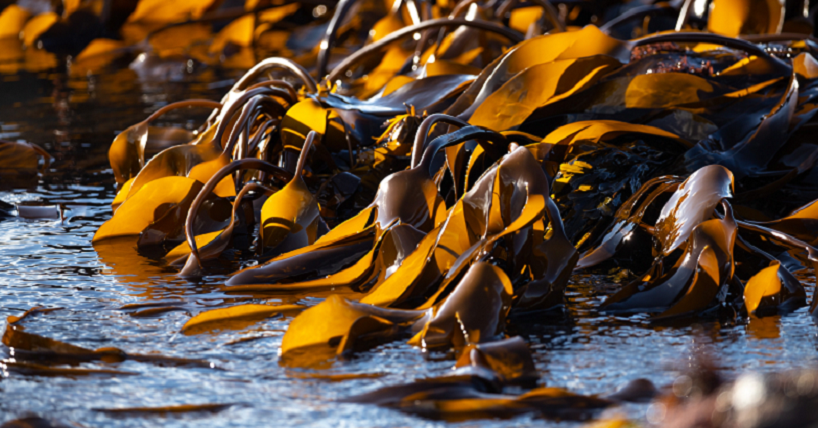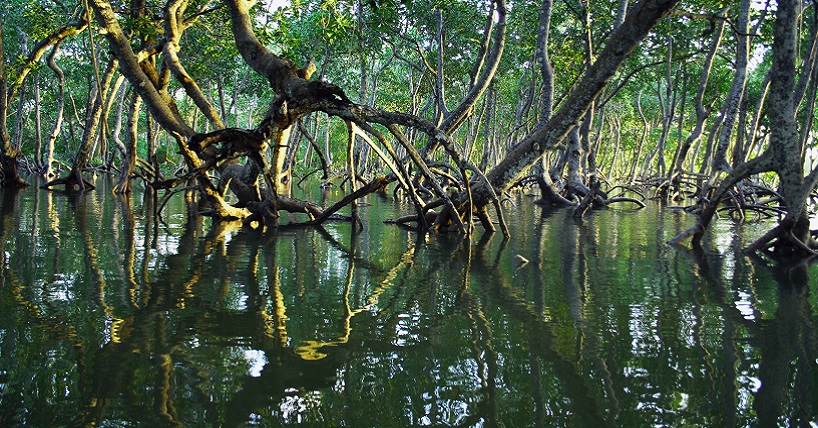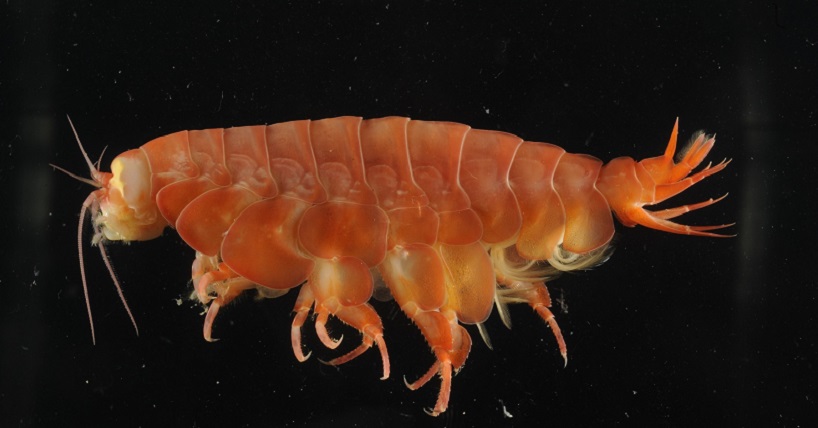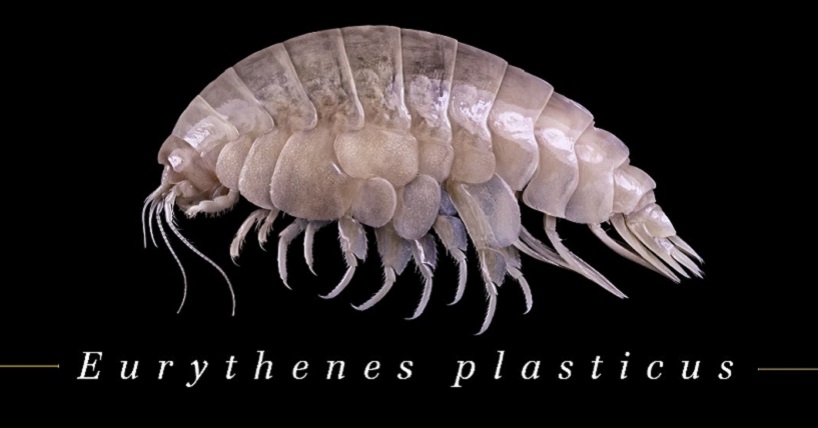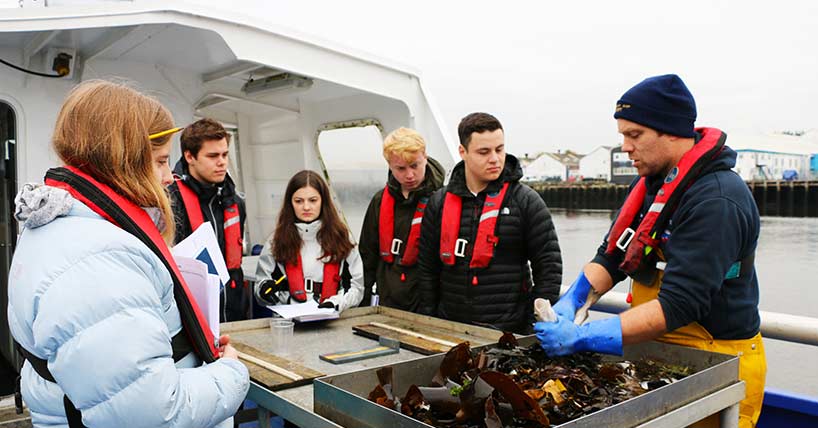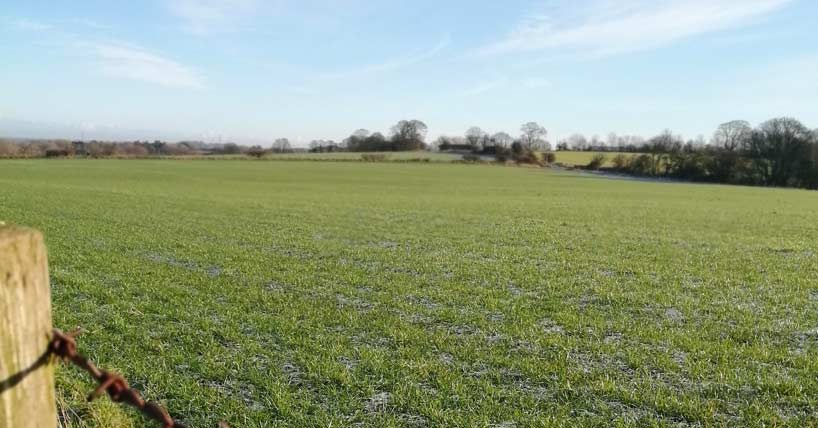News and Events
Read the latest news from the School of Natural and Environmental Sciences at Newcastle University.
Our Latest News
GRASS CEILING selected as a Success Story by European Commission
A project led by Professor Sally Shortall has been selected as a Success Story by the European Commission
Himalayan balsam’s damaging impact on rivers revealed in new study
Pioneering research has revealed the diverse and damaging impact Himalayan balsam has on river ecosystems
Marine Biology graduate highly commended at Global Undergraduate Awards Summit
Oona Lonergan attended the Global Undergraduate Awards Summit 2025 in Dublin, Ireland, from 9–12 November 2025
PhD research reveals coral reefs’ hidden adaptive strength
Newcastle University PhD researcher Dr Liam Lachs discusses research that sheds light on corals’ ability to adapt to a warming world.
Lucy Stephenson: From Biology Graduate to Industry Researcher
Lucy graduated from Newcastle University with a BSc in Biology this summer and quickly secured an internship as an Associate Researcher at Procter & Gamble in June
Nature recovery requires whole-ecosystem action
With one in six species threatened with extinction in the UK, senior ecologists are calling for an ecosystem approach to halt nature decline.
Research into zoonotic disease risks requires a One Health approach
A new evidence brief has highlighted that a One Health approach is needed in research into zoonotic disease risks around the world.
Lighting the way to safer, smarter and sustainable roads
A new European research initiative, SAFELUX – The Light We Need, is set to transform how we light our roads at night - improving safety while reducing energy use and environmental impacts.
What half a million tweets revealed about invasive species
A study analysing over 500,000 tweets from 2006 to 2021 found that public discourse on invasive species heavily favours charismatic animals over ecologically harmful plants.
Scientists discover clean and green way to recycle Teflon®
New research demonstrates a simple, eco-friendly method to break down Teflon® – one of the world’s most durable plastics – into useful chemical building blocks.
Supporting forestry to deliver net positive biodiversity impact
A new science-based framework to help the forestry sector achieve nature-positive outcomes has been completed.
Uncovering the power of Biodiversity Framework’s ‘Considerations'
Newcastle University research highlights the transformative potential of Biodiversity Framework’s ‘Considerations’.
Harnessing space to fight toxic algae blooms
Newcastle University scientists are at the forefront of a UK-wide effort to use space technology to predict and monitor harmful blue-green algae blooms in Lough Neagh.
Food supply drives reproductive strategies in sharks, skates and rays
Sharks, skates and rays adapt their growth and reproduction to changing food availability, a new study reveals.
The Coralassist Lab collaborates with international experts to build capacity of local workforce for coral restoration
Researchers from Newcastle University's Coralassist Lab led a workshop to train 22 reef stakeholders in different coral outplanting techniques, and outplanted 12,000 selectively bred, heat-tolerant corals on a degraded reef in Palau
The UK is losing its small fishing boats
Phoebe Lewis, Ainsley Hatt and Dr Sarah Coulthard discuss how the UK is losing its small fishing boats – and the communities they support.
UK’s Food Safety Research Network expands to meet growing risks
The Food Safety Research Network is expanding its work to tackle the UK’s most pressing foodborne risks: by connecting science with those who feed the nation.
Rethinking ocean oxygen is key to tackling coastal deoxygenation
Marine life may be more resilient to climate stress than previously thought, thanks to shifting oxygen levels in coastal waters.
Shrinking Nemo: Clownfish survive heatwaves by shrinking
Clownfish have been shown to shrink in order to survive heat stress and avoid social conflict, Newcastle University research reveals.
New UK initiative aims to supercharge solar workforce and drive Net-Zero goals
The UK’s journey to achieving net-zero carbon emissions by 2050 has been boosted with the launch of the Sustainable Solar Energy Systems (SES) Network Plus
New standard developed for battery-free, AI-enabled IoT devices
An international team has achieved first integrated, high-efficiency indoor photocapacitor for autonomous edge computing.
New £3m project to bolster sustainability of mollusc farming in Asia
A new project has been launched to improve the sustainability of mollusc farming in Asia – the world’s largest producing region for oysters, mussels and clams.
Study shows Indian Ocean devil rays at risk of overfishing
Newcastle University experts demonstrate a data-poor approach to assess the sustainability of devil ray catch in Indian Ocean fisheries.
Launch of new report: The Brexit Files - from referendum to reset
For the past decade, UK in a Changing Europe has provided impartial, research-based analysis on a number of issues, but most particularly on UK-EU relations.
Calls to curb invasive species spread via untreated water transfer
Experts are warning of the risks of spreading invasive and non-native species when moving large volumes of untreated lake, reservoir and river water.
Logged forests more valuable for conservation than oil palm
New research provides the most comprehensive assessment to date of how logging and conversion to oil palm plantations affect tropical forest ecosystems.
Signature whistles help estimate bottlenose dolphin abundance
Using signature whistles is an effective means for estimating abundance of bottlenose dolphins, new research confirms.
Farm to fork recruitment and skills fair supporting student careers
The School of Natural and Environmental Sciences played host to 20 employers from across the farm to fork supply chain at its Planet Connect recruitment and skills fair.
University farms part of major Government research to drive 5G adoption
Wireless sensors which aim to revolutionise agricultural practices are in place at Newcastle University’s Farms as part of a government programme to drive 5G adoption.
Save the Spuds: How we're redirecting surplus potatoes to local communities
The crop research programme at Newcastle University delivers world-leading organic potato crop research, leveraging remote sensing technology, bioinsecticides, gene sequencing, crossbreeding, cropping strategies and more.
Calls for regulatory action to strengthen biodiversity disclosures
Business and finance disclosures need a biodiversity outcome focus and regulatory backing to deliver critical conservation goals, new study reveals.
Respectful marine users are rewarded with magical dolphin encounters
A citizen science project reveals that most boat users along the North-East coast do not disturb dolphins and are often rewarded with close-up encounters.
Study reveals retention ponds slash tyre particle pollution by 75%
New study has found that retention ponds can deliver a substantial reduction in tyre particle pollution.
Study shows the crop benefits of enhanced rock weathering
Enhanced rock weathering results in higher crop yields and improved crop health, new research has shown.
Helping predict cold-blooded animals' response to environmental shifts
Newcastle University researchers have developed a new tool to predict cold-blooded animals’ responses to environmental change.
Study uncovers potential origins of life in ancient hot springs
Newcastle University research turns to ancient hot springs to explore the origins of life on Earth.
ERC funding to support pioneering battery research
A Newcastle University project led by Dr James Dawson has been successful in securing a Consolidator Grant from the European Research Council (ERC).
Tackling the Growing Issue of Light Pollution
Light pollution is getting worse but could be easily remedied.
Creating a Universal Software for Quantum Dynamics
New funding will support the development of a universal quantum dynamics software to help advance quantum research and technology.
New report on state of conservation at World Heritage Site in India
Conservation experts have provided vital recommendations to help protect a globally significant UNESCO World Heritage Site in India.
Pacific coral reef shows historic increase in climate resistance
Coral reefs in one part of the Pacific Ocean have likely adjusted to higher ocean temperatures which could reduce future bleaching impacts of climate change, new research reveals.
University duo win prestigious Royal Society of Chemistry Prizes
Professor Akane Kawamura has been named winner of the Royal Society of Chemistry’s Jeremy Knowles Award, while Dr James Dawson has been recognised with the Harrison-Meldola Memorial Prize.
Antidepressants for Chronic Pain Lack Reliable Effectiveness Evidence
Most antidepressants used for chronic pain are being prescribed with “insufficient” evidence of their effectiveness, scientists have warned.
Newcastle Researchers to Deliver Vital Battery Projects
Newcastle University will be involved in four Faraday Institution battery research projects aimed at delivering commercial impact.
STEM for Britain
Newcastle University scientists take their research to Parliament and win bronze!
National space sector funding for university natural capital project
A Newcastle University project delivered through the National Innovation Centre for Rural Enterprise (NICRE) and School of Natural and Environmental Sciences (SNES) to receive funding from UK Space Agency.
National space sector funding for university natural capital project
A Newcastle University project delivered through the National Innovation Centre for Rural Enterprise (NICRE) and School of Natural and Environmental Sciences (SNES) to receive funding from UK Space Agency.
New funding could put North East on the map as a climate leader
Newcastle University experts will be part of the region’s Stronger Shores initiative, which will take a new approach to making British coastlines and communities stronger in the face of flooding, erosion and the impacts of climate change.
New tool offers hope in the fight against plant extinction
New research provides key insights into which pressures are causing what damage and where.
Offering a taste of potato research, innovation and food waste prevention
A new event centred around on the humble potato will showcase Newcastle University’s leading research and latest innovations in plant and crop science.
Unlocking the potential of sensory deterrents to reduce bycatch
A new study has revealed the potential for sensory deterrents to reduce marine megafauna bycatch in fisheries.
Urgent calls for Ecosystem Restoration
Scientists are calling for an evidence-led, equitable approach to Ecosystem Restoration in a global context.
Machine learning may enable bioengineering of the most abundant enzyme
A Newcastle University study has for the first time shown that machine learning can predict the biological properties of the most abundant enzyme on Earth - Rubisco.
Pyridine implicated in mass crustacean mortalities
Newcastle University research has identified the chemical responsible for the crab and lobster mass mortalities on the Northeast and North Yorkshire coasts.
Tapping into the potential of agroforestry
A new Newcastle University study has highlighted actions that could be used to increase tree cover on farmed land in the North East.
Research reveals remarkable variability in coral heat tolerance
Marine heat waves have decimated corals in recent years and the future looks bleak for tropical reefs if the pace of climate change continues at current rates.
Depredation impacts support for shark conservation
Conflict between shark populations and fishing communities is reported to be rising within one of the world’s first shark sanctuaries.
Ancient source of oxygen for life hidden deep in the Earth’s crust
Scientists at Newcastle University have uncovered a source of oxygen that may have influenced the evolution of life before the advent of photosynthesis.
New database to support conservation
Scientists have created a new tool to fill the large gaps in our understanding of where and how human activities threaten wild species around the world.
How nemo fits in his anemone
Study reveals how clown anemonefish adjust their growth to their environments.
Over half of threatened species require targeted recovery actions
A staggering 57% of threatened species need targeted recovery actions to ensure their survival, new research has shown.
Researchers go on the run to raise funds
Scientists at the Cancer Research UK Drug Discovery Unit in Newcastle are urging people to sign up to Race for Life and raise money for life-saving research.
Getting hands-on with berry-powered solar cells
Future renewable energy experts attending the Summer Science Exhibition will learn first-hand from Newcastle University experts how berries can be used in solar cells.
Sustainable practices improve farmers’ wellbeing
Small-holder farmers in rural Tanzania can improve food security and their wellbeing by adopting agroecological practices, new research funded by UKRI Global Challenges Research Fund has shown.
Fernandina Island Galapagos giant tortoise is not extinct
New genetic research has found that the Galapagos giant tortoise Chelonoidis phantasticus is not extinct.
University scientist wins prestigious Royal Society of Chemistry Prize
Dr Marina Freitag has been named one of winners of the Royal Society of Chemistry’s Harrison-Meldola Memorial Prize
Network thinking can revolutionise global agriculture
New perspectives show how advances in complexity science can change the way we think about and manage farm and global food systems for good.
New bacteria found that stick to plastic in the deep sea
Newcastle University scientists have found new types of plastic loving bacteria that stick to plastic in the deep sea that may enable them to ‘hitchhike’ across the ocean
Supporting conservation in the Post-2020 Global Biodiversity Framework
Writing for the journal Oryx, experts discuss the steps to increase capacity for species conservation in the post-2020 Global Diversity Framework.
Using existing records for new insights to map vegetation communities
Ecologists have developed powerful modelling tools to predict the distributions of individual species, especially those of conservation importance.
Healthy food, healthy people, healthy planet
UKRI has injected £14 million funding into crucial research that puts improved health outcomes for people and the natural environment at its core.
Conservation actions work to save species
Research shows species on the brink of extinction have successfully been saved. Professor Philip McGowan argues that applying the same approaches more broadly could help the planet.
New textbook on ‘Rural Places and Planning: Stories from the Global Countryside’
Dr Menelaos Gkartzios, Reader in Planning and Rural Development at CRE has co-authored a new textbook on ‘Rural Places and Planning: Stories from the Global Countryside’
International Women’s Day 2022 Blog: Women in STEM across our Faculty
As part of our SAgE Faculty International Women's Day celebrations this year, we asked some inspirational women in STEM to chat about their experience and how they hope to inspire future generations of women and girls.
Durty Beanz announced as new artist in residence with Maltings and Newcastle University
Glasgow-based Durty Beanz are a collaborative performance project established in 2019. Their residency with Maltings, Berwick and Newcastle University’s Centre for Rural Economy and Institute for Creative Arts Practice, will explore food production and consumption.
Farming ‘smart meters’ could reduce harmful emissions
Scientists are trialling a new sensor to help monitor greenhouse gas emissions from agriculture.
Climate crisis will leave pollinators searching further for food
Study yields the first direct experimental evidence that climate change would immediately impact wildflowers and pollinators.
Driving conservation efforts with DNA data
Using ancient and historical genetic data could help guide conservation actions, according to new research led by Newcastle University.
Agricultural universities team up on research plan
More than a dozen universities, which offer courses in agriculture and carry out agricultural research, are getting together to agree on joint agricultural research priorities, working with farmers and others who have a stake in the industry’s future.
New £5.8m million nature recovery project will restore crucial river and marine habitats across North East England and Scottish Borders
A five-year partnership project led by Natural England will improve the condition of the river, coastal and marine habitats of the Northumberland Coast and Tweed river catchments, thanks to a £5.8m million funding boost.
£1m pledged for historic Border Mires
Major boost for efforts to revitalise more of the north’s peat bogs
Report calls for animal welfare to be at heart of genome editing plans
A Newcastle University academic has contributed to a new report which says animal welfare must be at the heart of plans to approve new breeding technologies in farming and food production.
Fresh Careers 2021
A group of students from SNES and the School of Biomedical, Nutritional, and Sport Sciences led by Dr. Diogo Souza Monteiro attended the Fresh Careers 2021
Making solar energy more sustainable with light-powered technology
Technology using a new generation of hybrid solar cells is one step closer to mass-production, thanks to Newcastle University-led research.
Climatic drivers of honey bee disease revealed
Honey bee colonies worldwide have suffered from a range of damaging diseases. A new study has provided clues on how changing weather patterns might be driving disease in UK colonies.
Two leading research centres join the LEAF Network as centres of excellence for sustainable farming
Newcastle University Farms and Agrii’s Throws Farm Technology Centre have become the latest two establishments to join the LEAF Network.
Tribute to Douglas Boyes
We are shocked and deeply saddened to learn of the recent sudden loss of Douglas Boyes
Newcastle Farm Business Management students shine in The Pinnacle Awards 2021
Two Newcastle students, Rory Oliver and Tom Procter were shortlisted for the Pinnacle Awards 2021 for Excellence in Business Management, a national competition open to all students from all universities and colleges.
LED streetlights reduce insect populations by 50%
‘Eco-friendly’ LED streetlights are even more harmful for insect populations than the traditional sodium bulbs they are replacing, a new study has shown.
Newcastle University scientist recognised with a Royal Society Fellowship
Dr Tom McAllister has been awarded a prestigious five-year Royal Society University Research Fellowship to be hosted at Newcastle University.
Does living near cows make us happy? Town Moor Cattle are the focus of a new photographic publication
In Newcastle, cattle grazing on the city’s famous Town Moor is a familiar sight. In fact, the Freemen of the Newcastle have exercised their right to graze cattle on the land since before the Norman conquest.
Is seaweed the answer to more sustainable laundry?
Seaweed might not be something you instantly think of as clean, but it holds the key to a new laundry product that lowers emissions, protects the environment and saves UK families money on household bills.
Leading experts to join an international event on biodiversity conservation and sustainability
A new consortium is bringing together leading experts from around the world in an event exploring the role of UK higher education in biodiversity conservation and sustainability
How we discovered a giant new crustacean scavenging on the deepest depths of the ocean floor
How we discovered a giant new crustacean scavenging on the deepest depths of the ocean floor
Eurythenes plasticus is named a Top Ten Marine Species of 2020
Nearly 2,000 new marine species were discovered in 2020 — each a unique and fascinating addition to our known marine biodiversity.
Free activity packs to mark British Science Week
To celebrate British Science Week (BSW), we've created free activity packs for children and young people to do at home or in the classroom.
Man-made borders threaten wildlife as climate changes
Walls and fences designed to secure national borders could make it difficult for almost 700 mammal species to adapt to climate change, according to new research.
Agri-environment subsidies provide more stable farm incomes than direct payments
One of the consequences of Brexit has been that the UK government can have more flexibility and responsibility in deciding its own agricultural policy.
Chemistry Student cycles over 1100km in 8 days to raise £4200 for Cancer Research UK
Second-year Chemistry student Nick Hall was inspired to complete the rigorous challenge following his Dad’s diagnosis with Lymphoma in October 2020
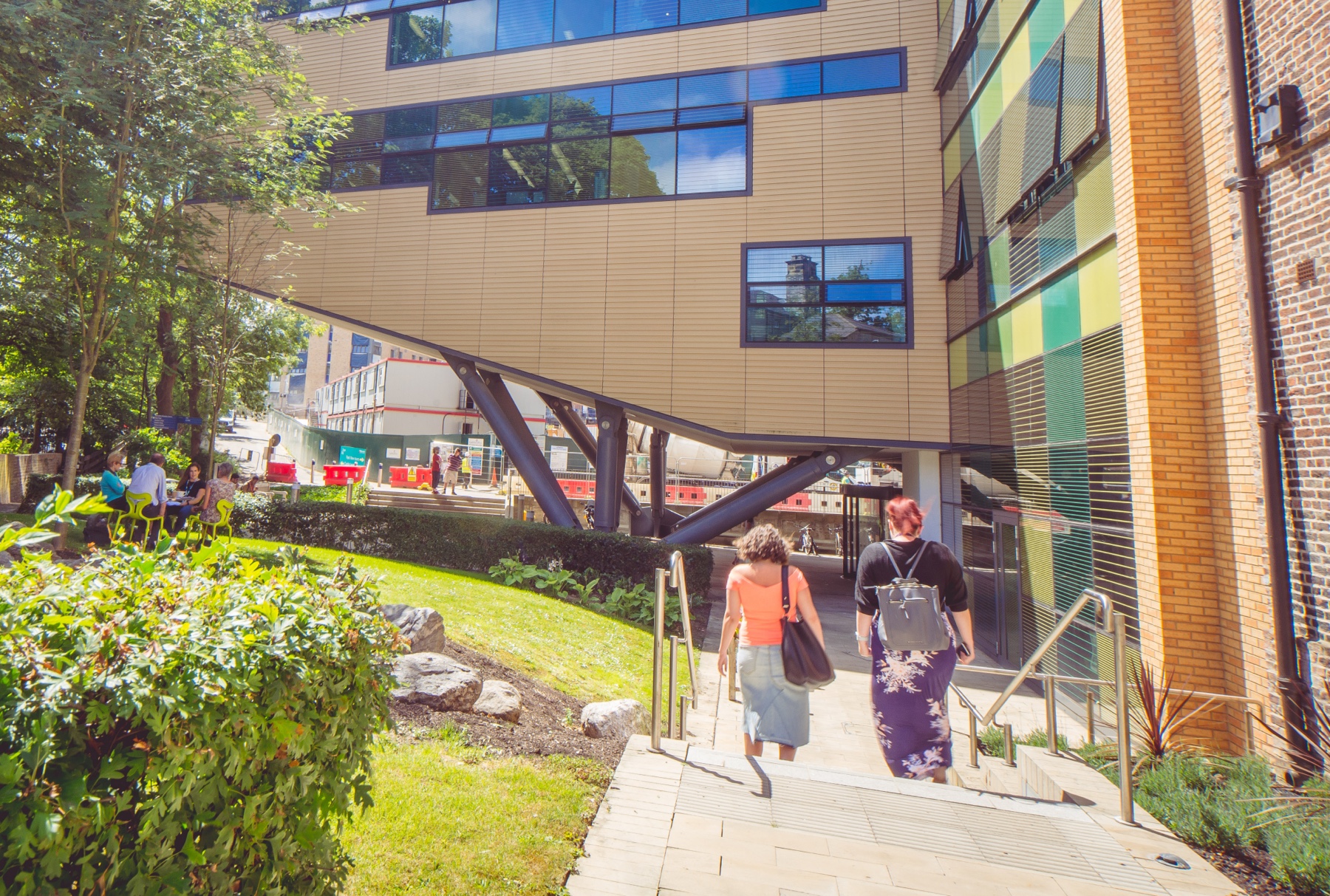
.jpg)
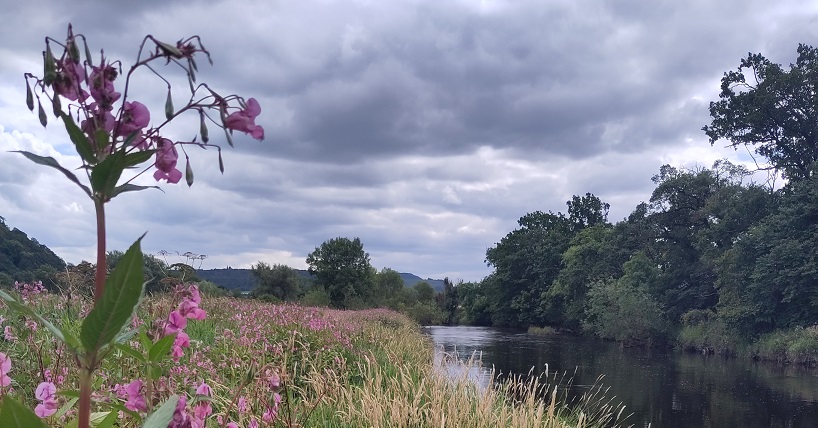
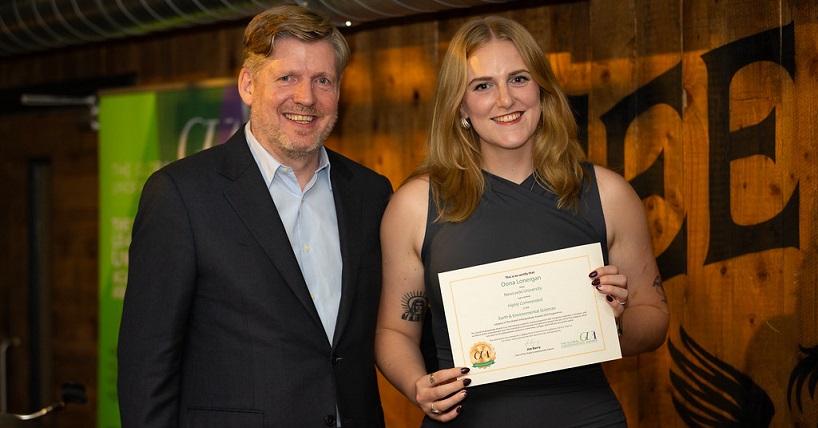
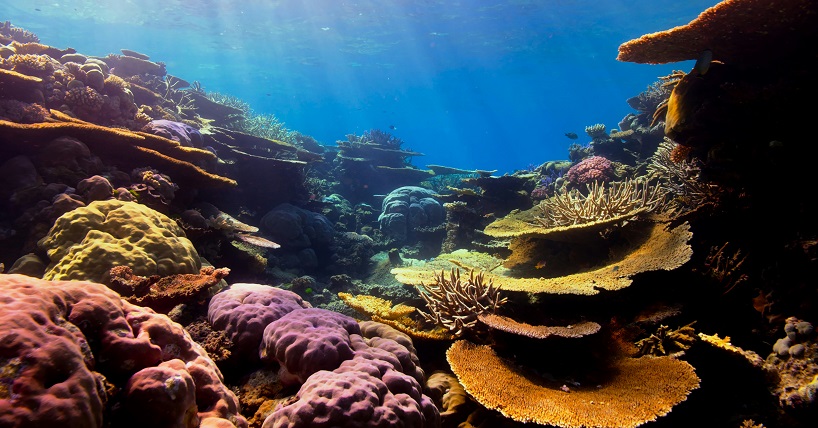

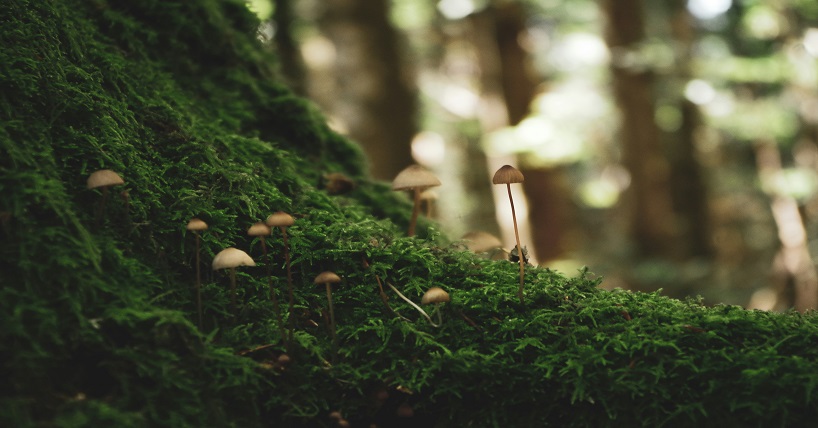
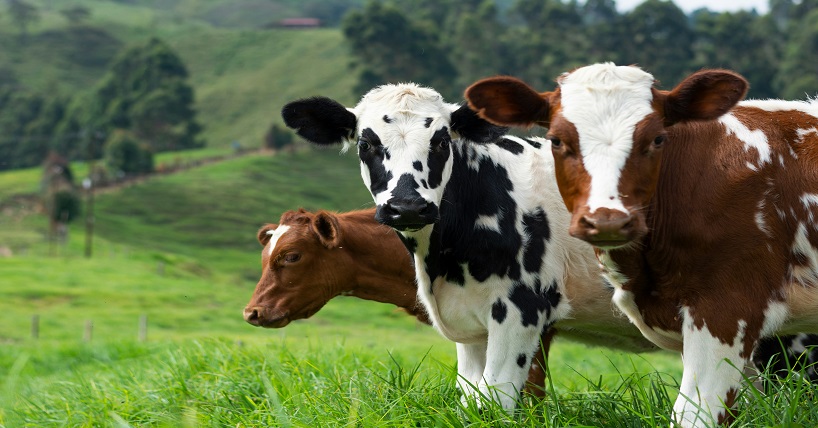

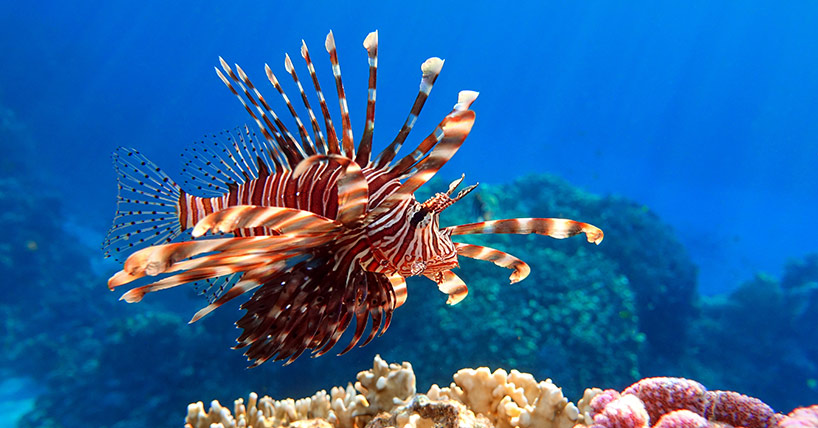
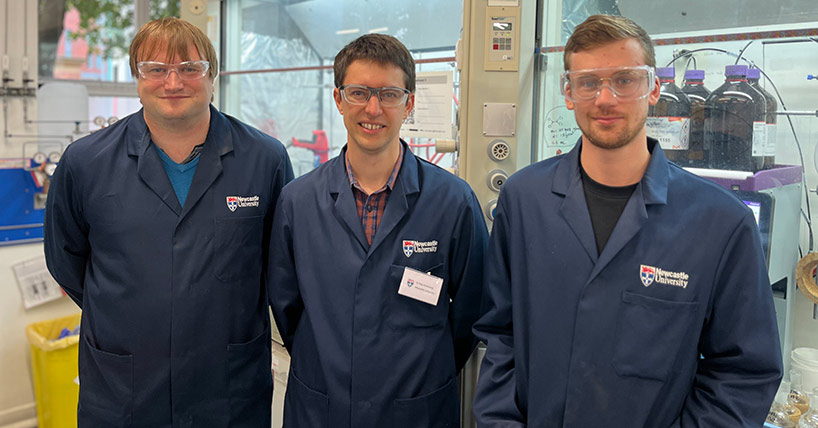

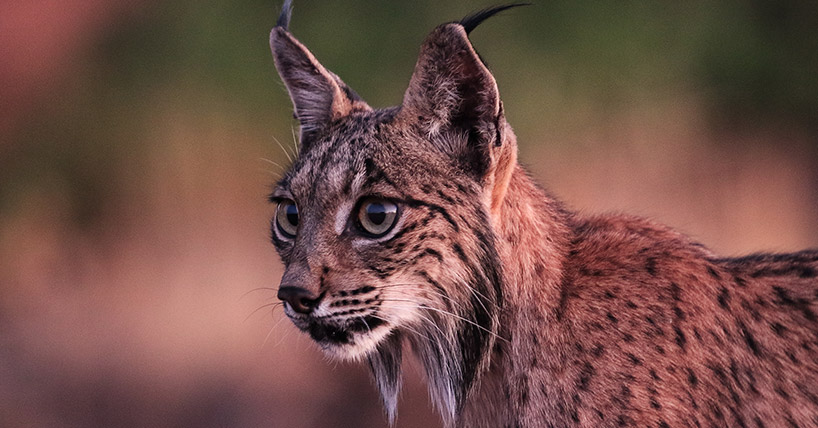
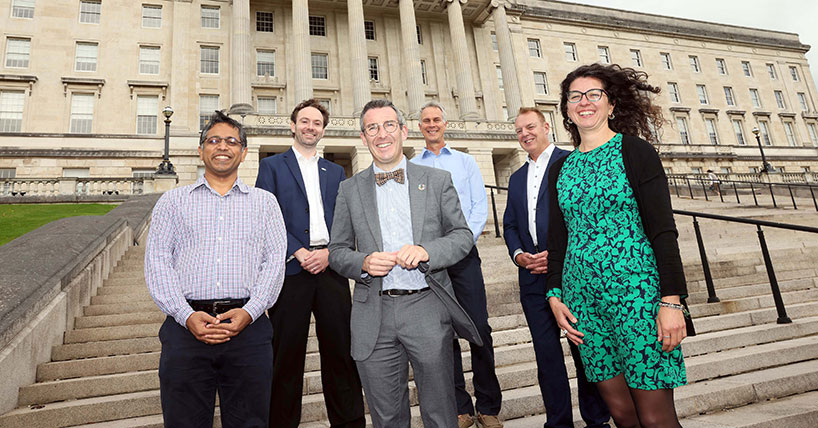
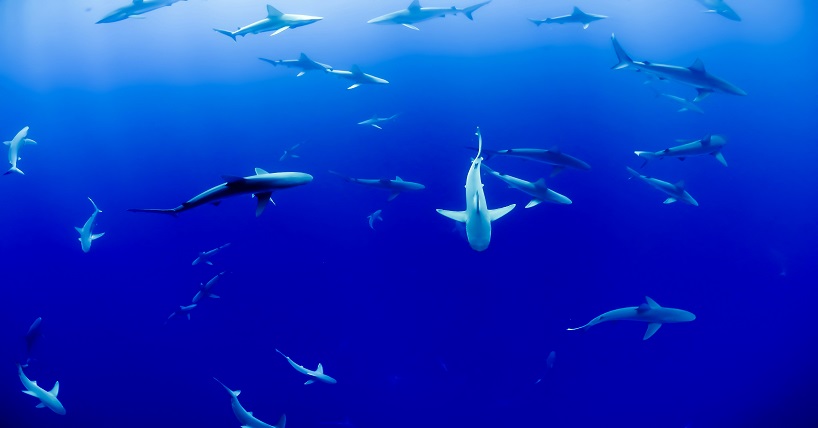
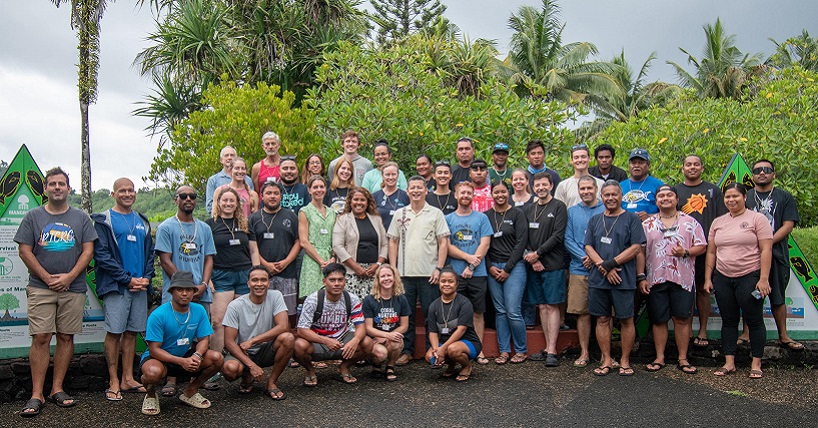

.jpg)

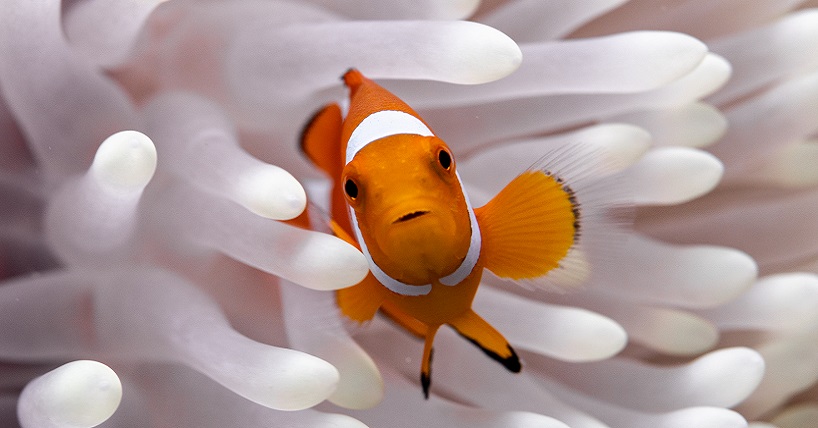

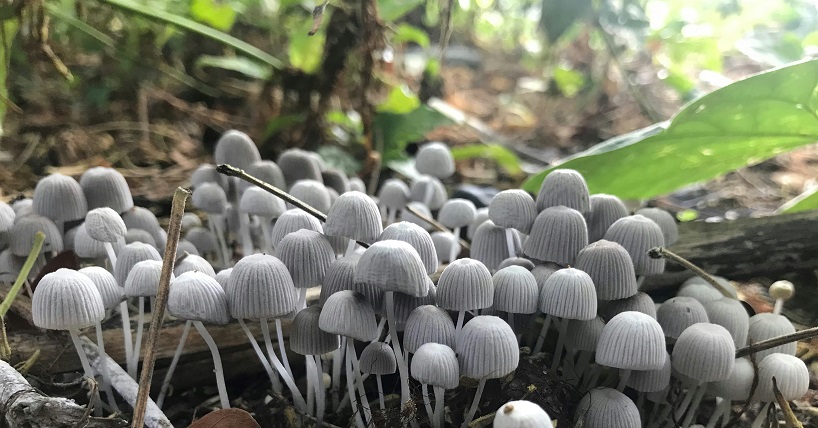
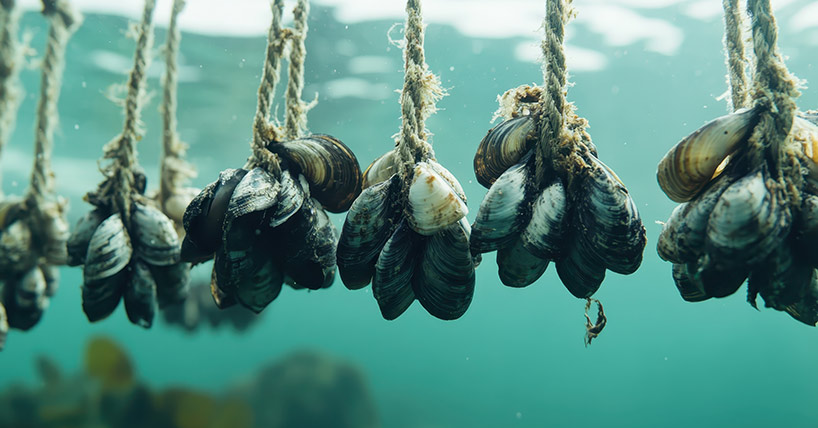
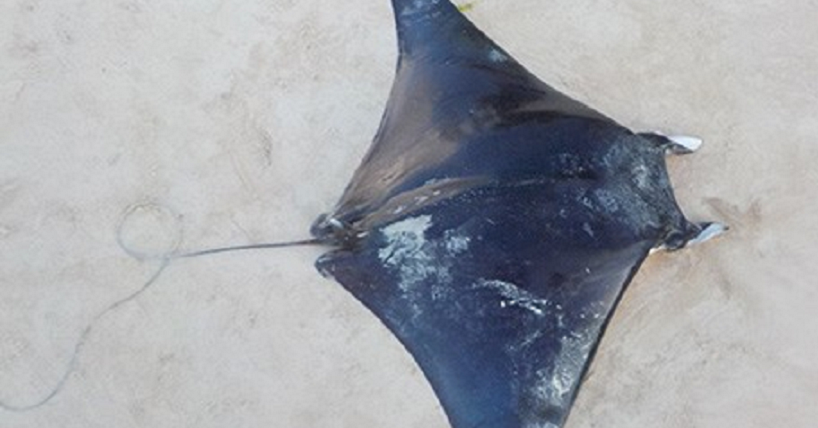


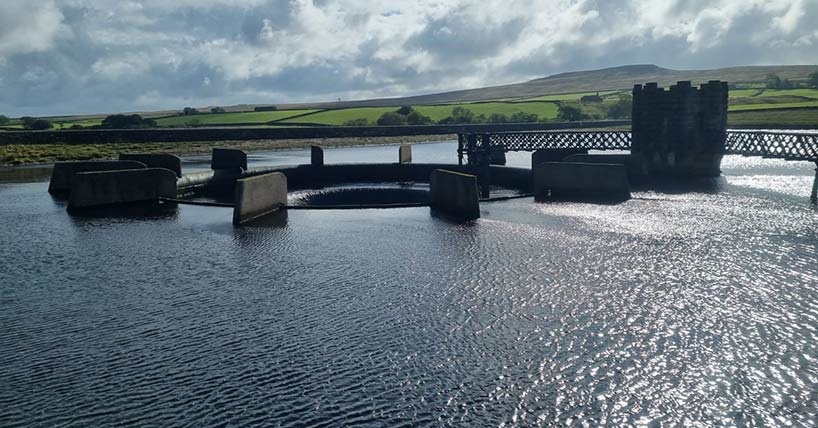
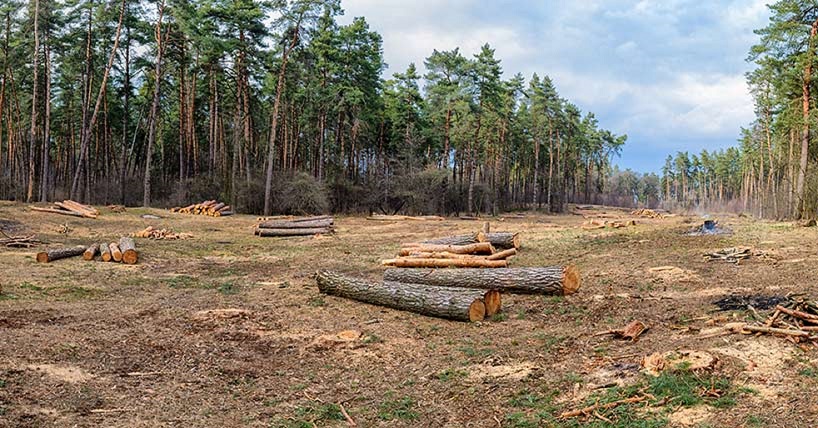
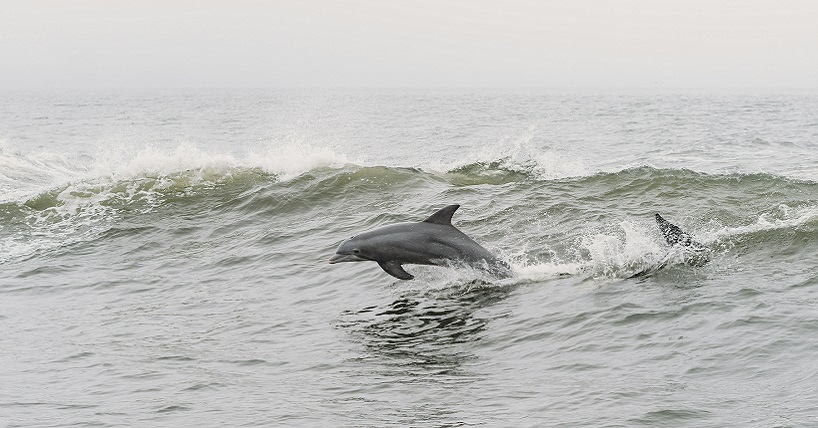


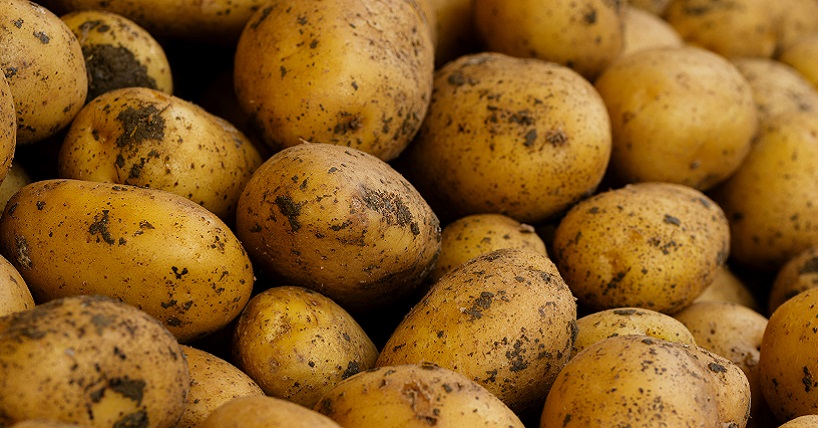
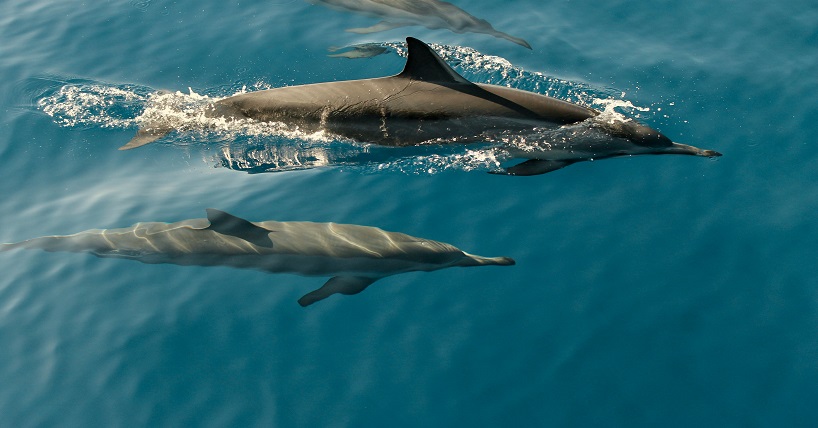
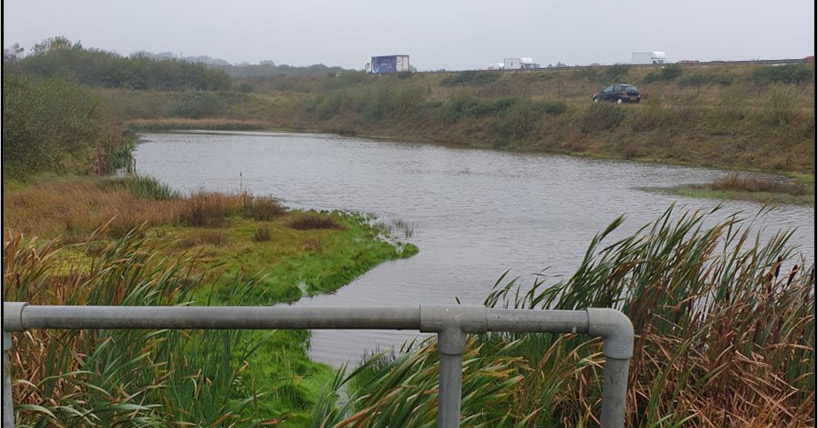

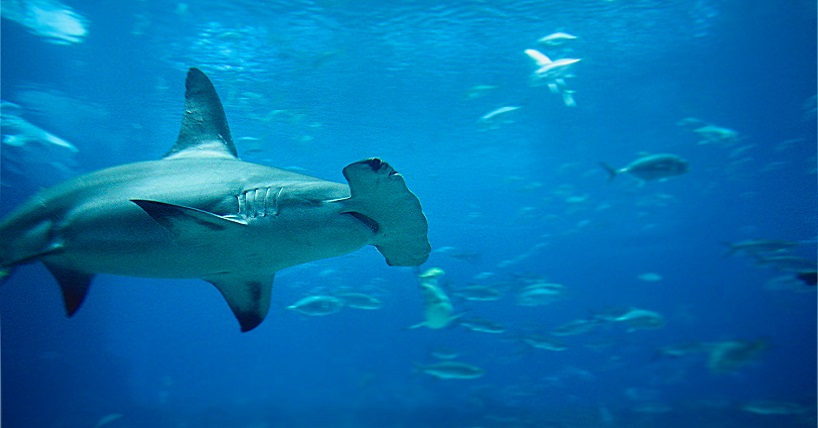
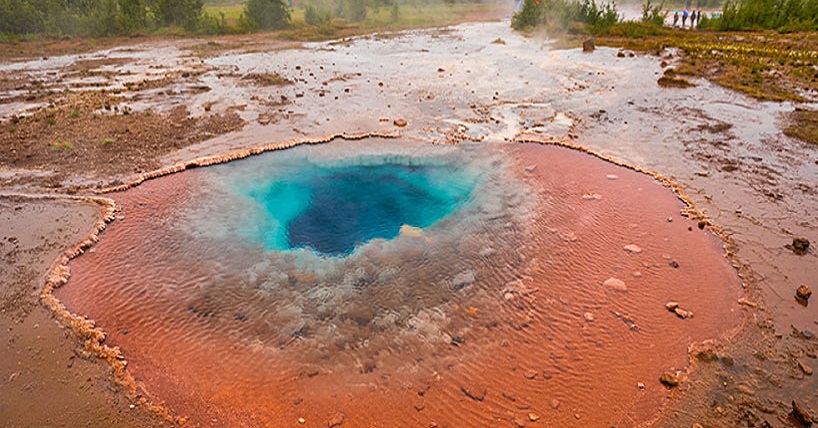



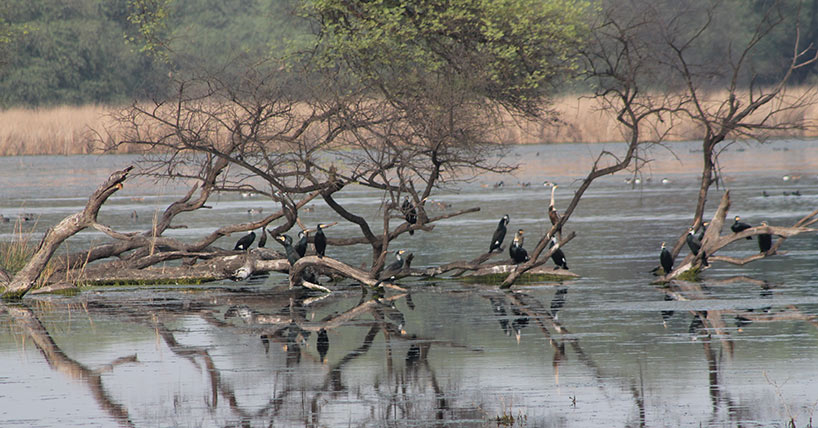
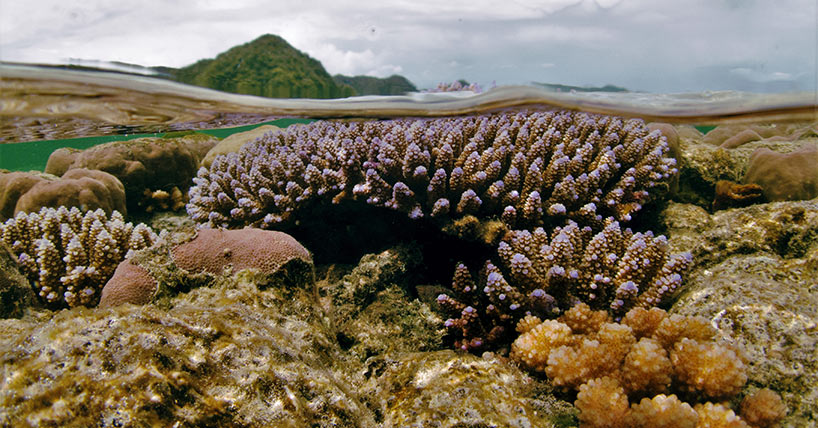




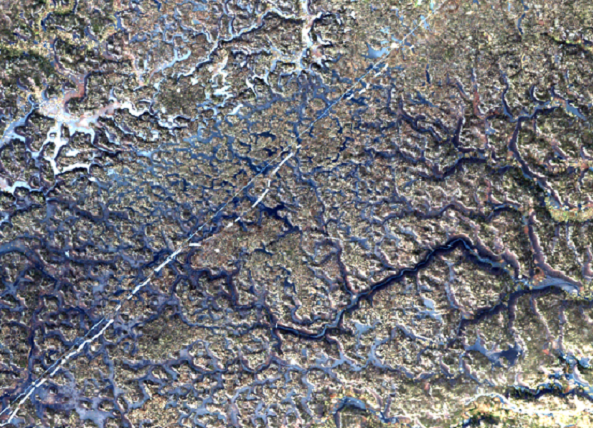
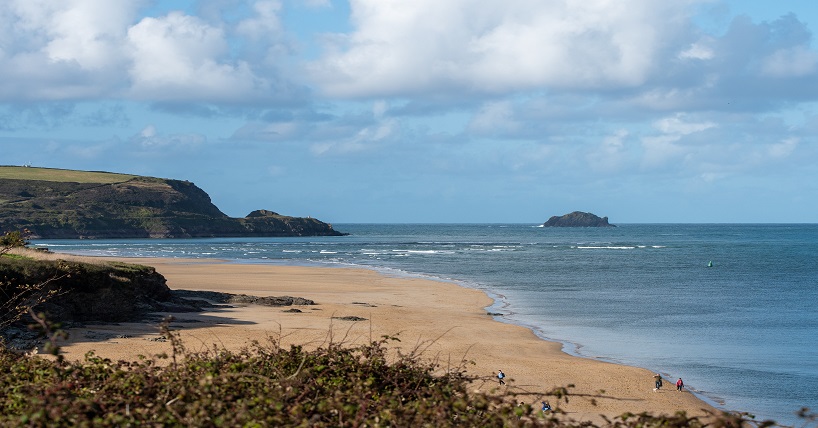
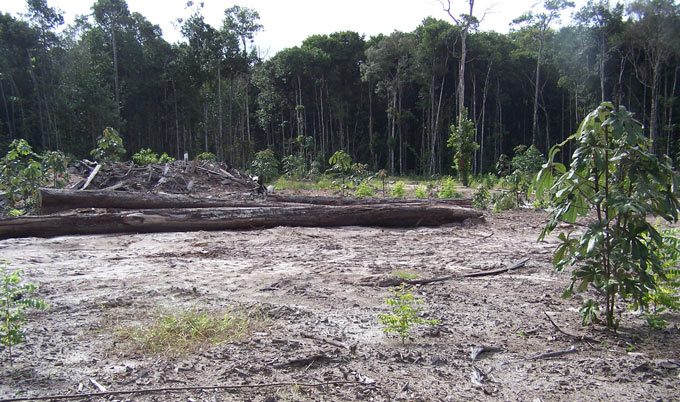


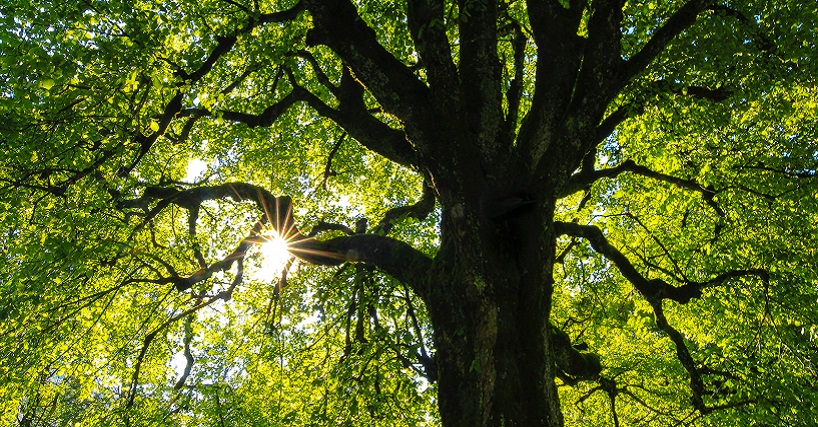

.jpg)

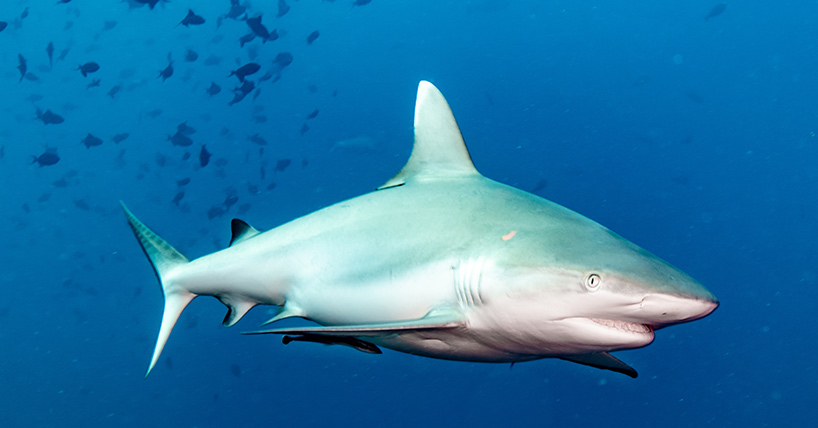
.jpg)
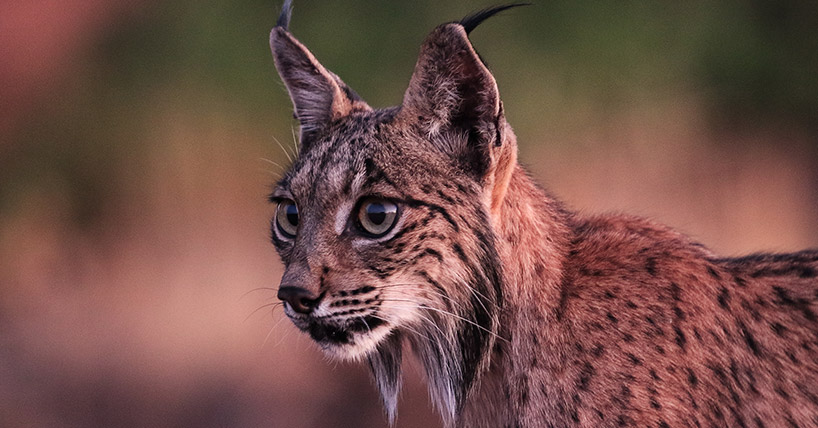
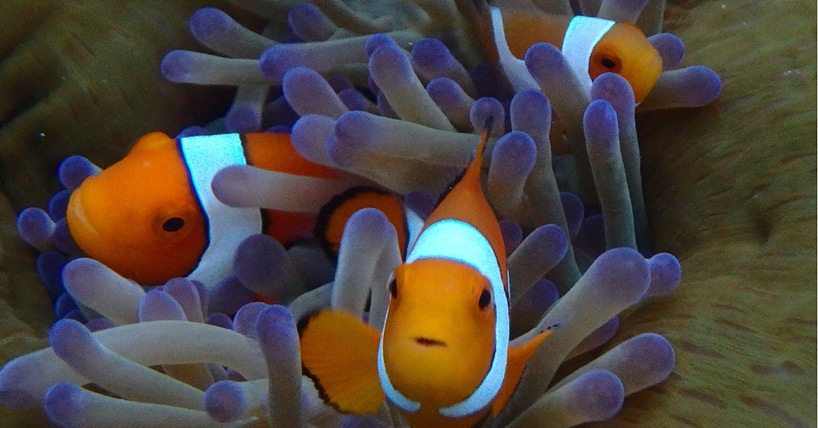
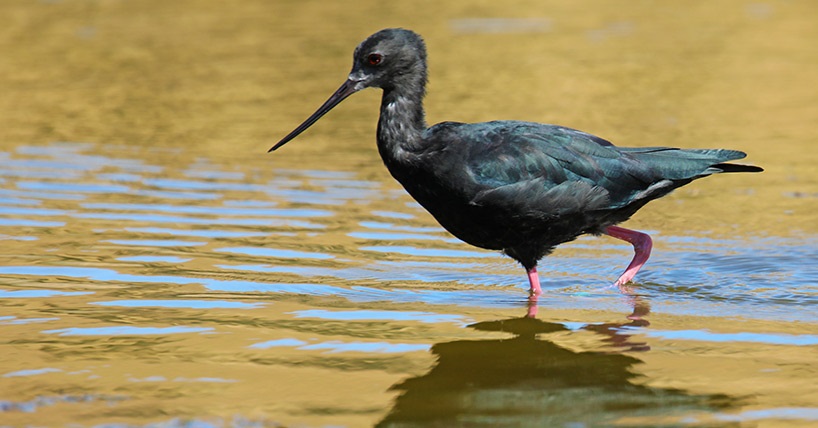

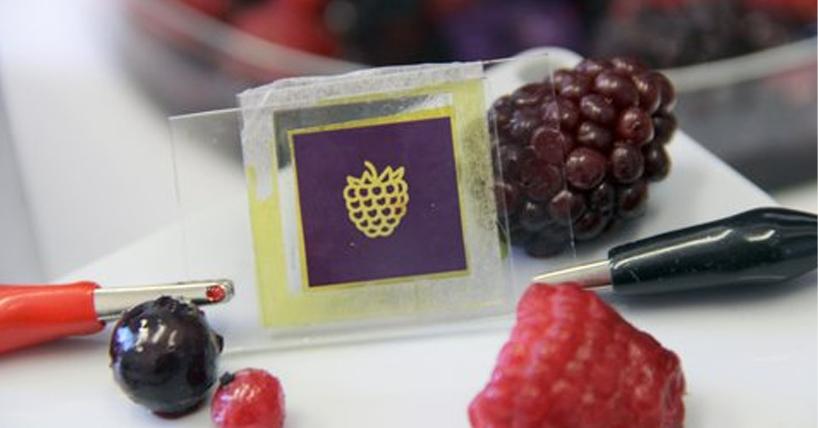

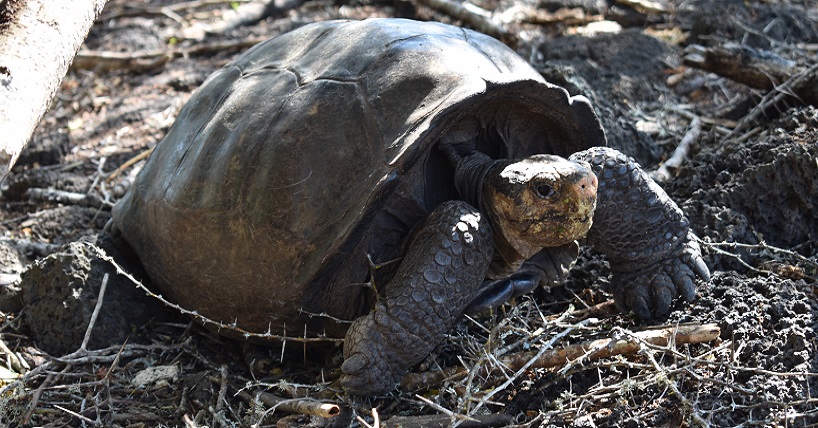
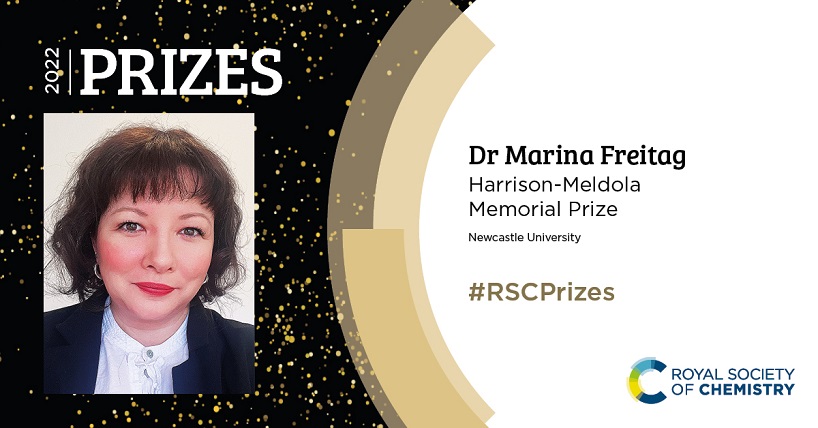

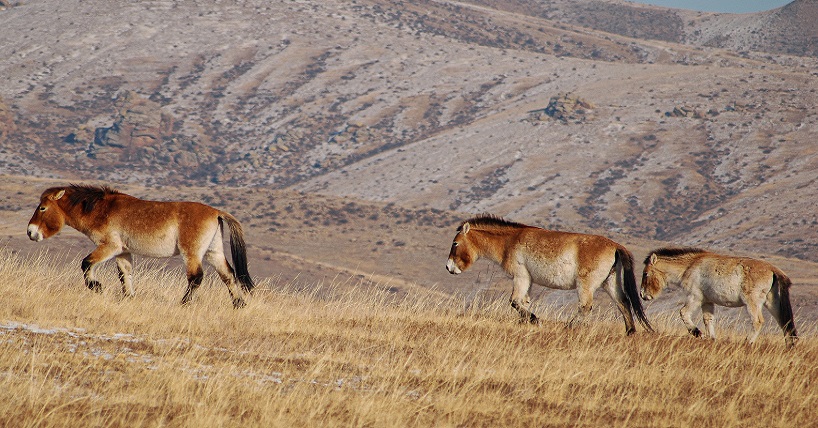
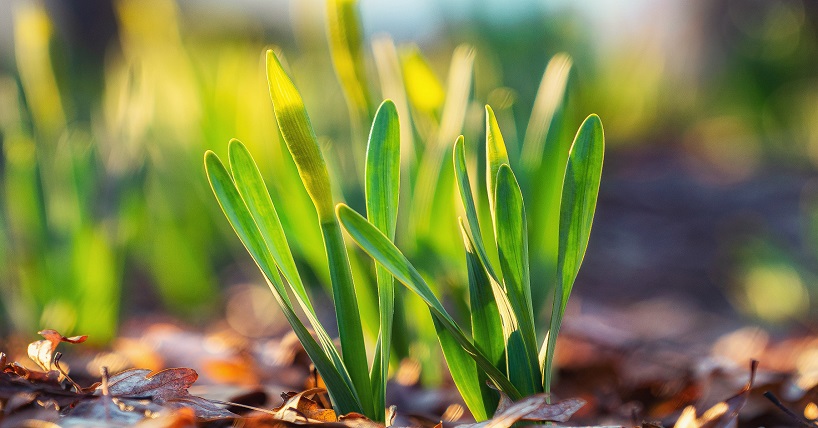

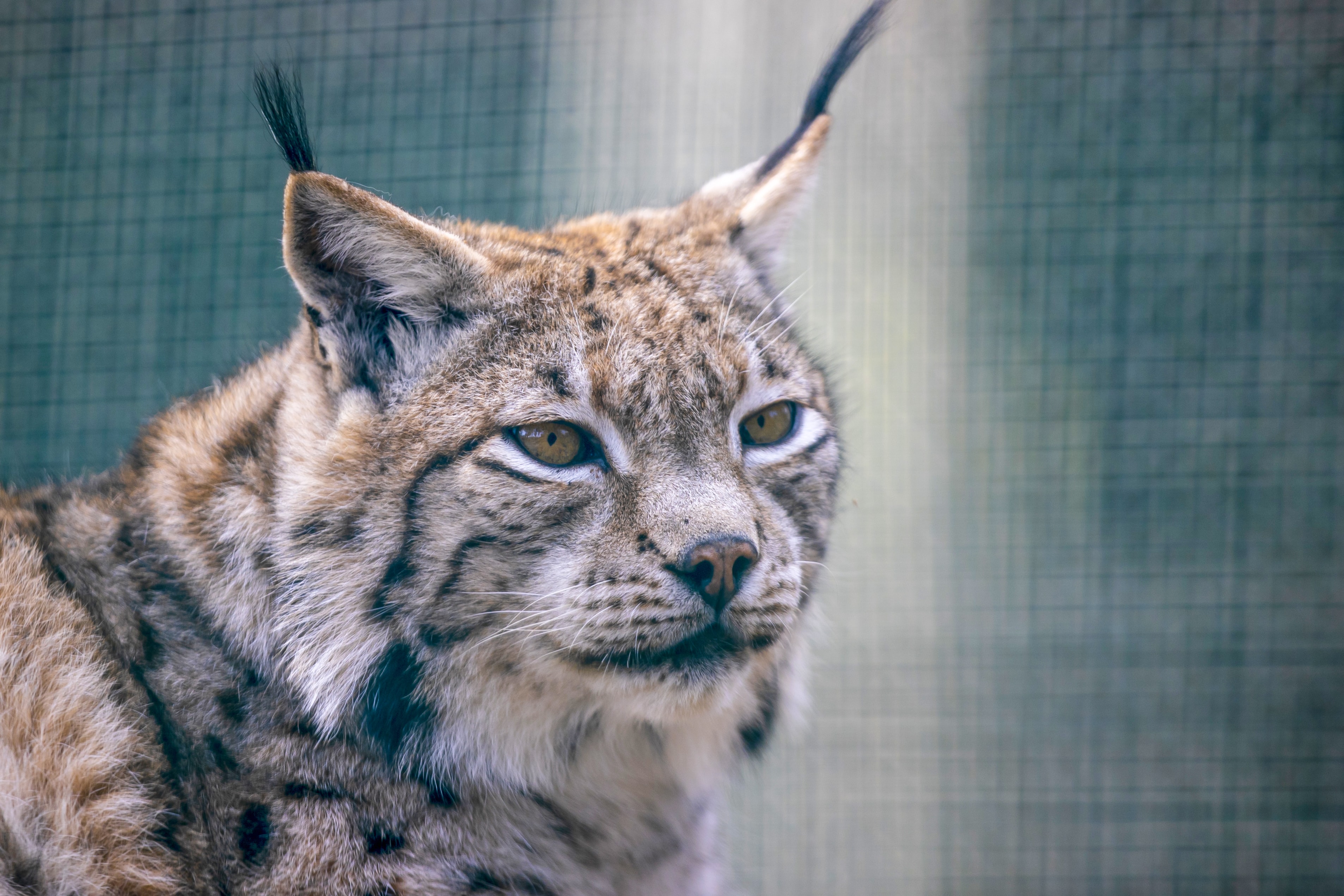
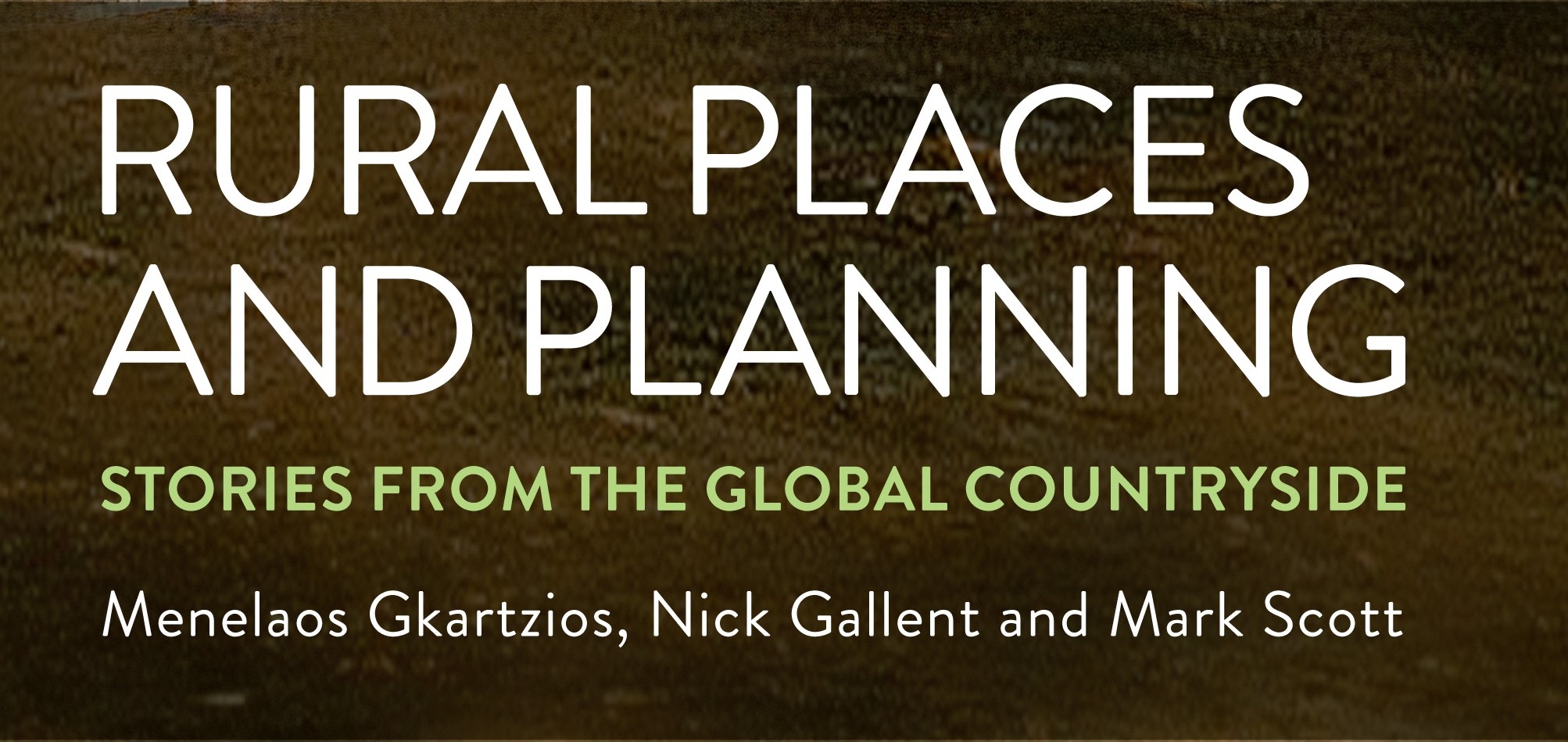
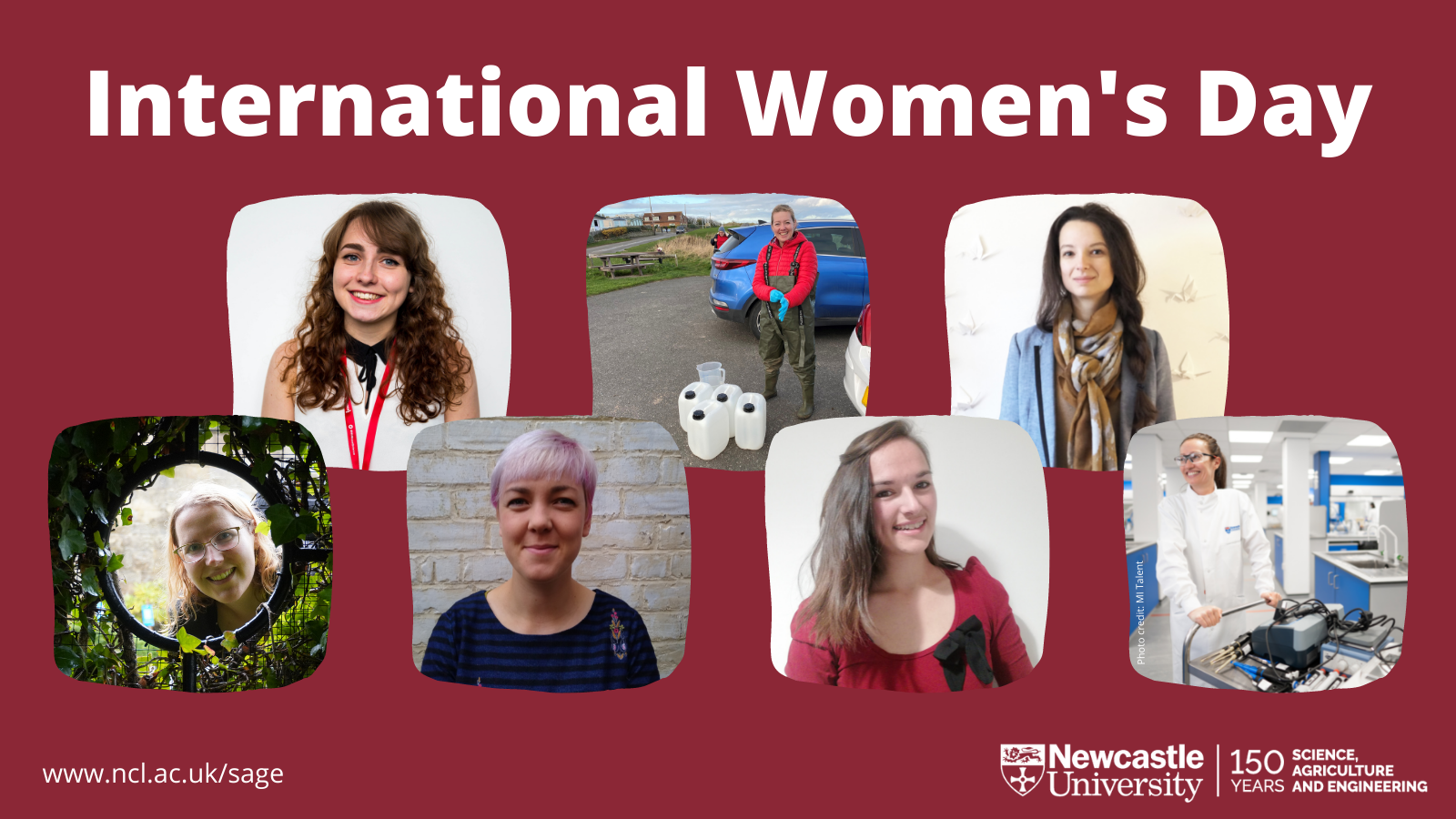
.jpg)
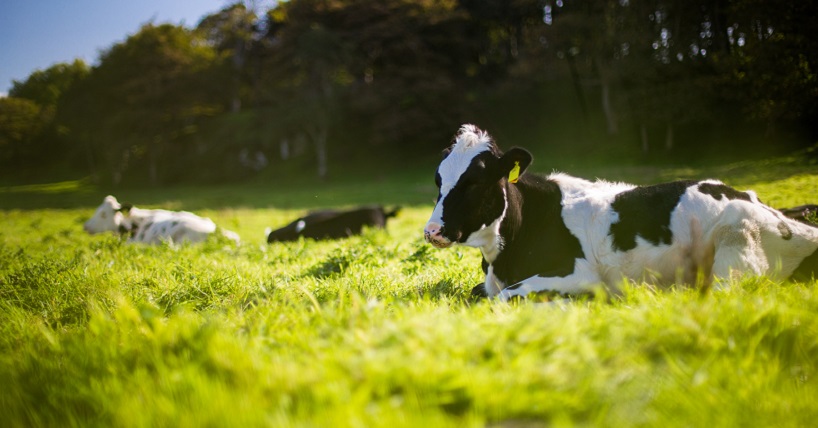
.jpg)
.jpg)
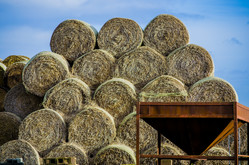

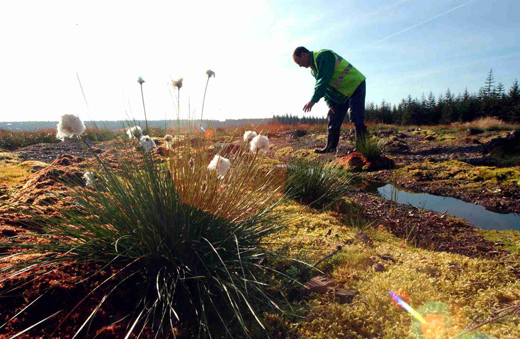
.png)
